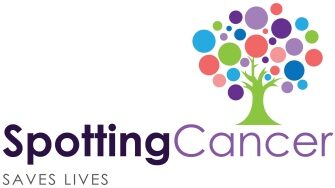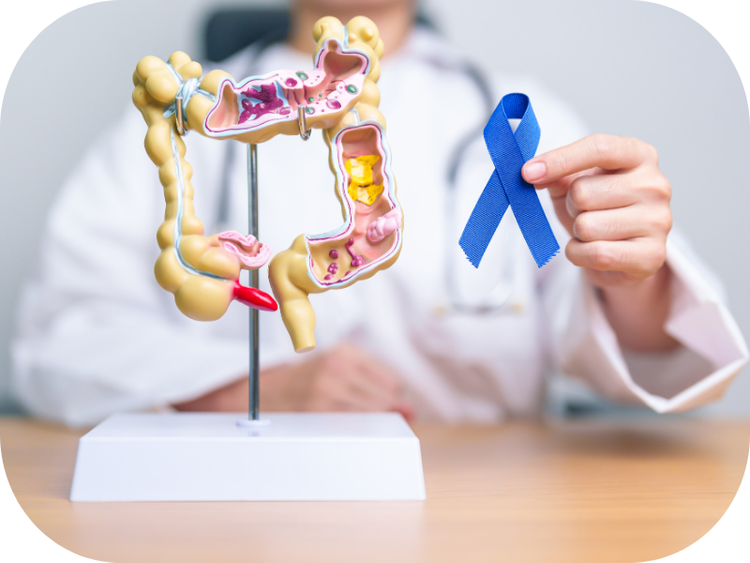July is Bone Cancer Awareness Month
What is Bone Cancer? Bone cancer is a rare type of cancer that begins in the cells of the bone. It occurs when abnormal cells in the bone grow uncontrollably, forming a tumor. While it can affect any bone in the body, it most commonly starts in the long bones of the arms and legs. Symptoms may include bone pain, swelling, or fractures. Early detection and treatment are key to improving outcomes. Click Here to Learn the 5 Steps to








